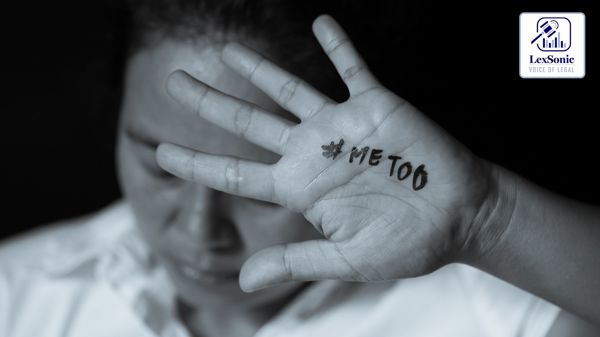Court Denies Bail to Hotel Owner Accused of Penetrative Sexual Assault.
03 September 2024
Bail and Antcipatory Bail >> Criminal Law | Sexual Assault >> Workplace/ Professional Related
In a recent decision in Sajjad Alam v/s State Of NCT Of Delhi & Another, the court denied a bail application from a hotel owner facing severe charges under the Protection of Children from Sexual Offences (POCSO) Act. The accused, who has been in custody for over four years, is implicated in a serious case involving the alleged penetrative sexual assault of a minor.
Case Background:
The petitioner, the owner of Bismillah Hotel, is accused in FIR No. 130/2020, which was filed on June 21, 2020. The case emerged from a complaint lodged by the father of a nine-year-old victim. According to the complaint, both the father and his son were staying at the hotel. On the night in question, after seeking refuge from the rain, they separated to sleep in different areas of the hotel. The father claims that upon waking, his son revealed that the petitioner had committed penetrative sexual assault on him. The victim was subsequently taken to Kalawati Hospital for medical examination.

Medical and Forensic Findings:
The medical examination report, known as the MLC (Medical Legal Case) No. 102/20, noted a tear in the perianal area of the victim, though it did not indicate active bleeding. The defense counsel argued that such a tear could result from passing hard stool rather than sexual assault. Additionally, forensic reports revealed that no semen, blood stains, or lubricant was found in the rectal swabs and smears taken from the victim. DNA profiling did not match the petitioner’s DNA, suggesting a lack of direct physical evidence linking him to the assault.
Legal Arguments and Court Decision:
The petitioner’s defense highlighted the absence of matching DNA evidence and pointed to inconsistencies in the victim’s statements. They argued that the petitioner’s prolonged incarceration and the fact that key witnesses had been examined indicated that further detention served no useful purpose. Conversely, the prosecution contended that the gravity of the offence under Section 6 of the POCSO Act—punishable by a minimum of 20 years in prison, life imprisonment, or even death—necessitated the denial of bail. The victim’s consistent testimony and the seriousness of the charge were underscored as critical reasons for opposing bail.
Judicial Review:
The court reviewed several factors in its decision-making process, including:
- The nature and gravity of the offence.
- The potential for severe punishment upon conviction.
- The credibility of the victim’s testimony.
- The risk of tampering with witnesses or exerting undue pressure on the victim and his family.
The court noted that the accused’s status as the hotel owner, combined with the potential for influencing witnesses, contributed to the decision to deny bail. Despite the defense’s claims, the court found that the evidence and the seriousness of the charge warranted continued detention.
Conclusion:
In conclusion, the court emphasized that while the parameters for granting bail include considerations of evidence and the nature of the offence, the case’s gravity and the possibility of influencing witnesses led to the decision to dismiss the bail application. The petitioner will remain in custody as the legal process continues.
Indian Penal Code, 1860 Protection of Children from Sexual Offences Act, 2012
